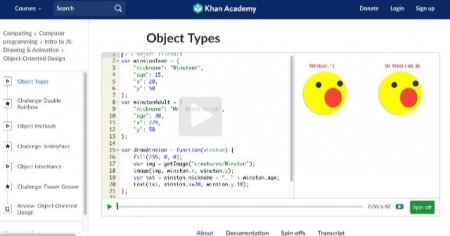

LLMs will be used like "reverse multiple choice questions", with heavily constrained LLMs silently penalizing students for making "mistakes" or probing subjects that they aren't "supposed to" know about. I don't expect much more, and the rest of it is a net negative IMO. It might be an aid to some students, the same way some students read books in their free time or learn to use the internet to look up answers. The lure of LLMs in education is the expected novelty of instruction they can provide. So we should still have school to be in-person component even if students do all of the learning on the computer, with an online option for those who want it, but I guarantee many won't Plus, many school kids only get their biggest meal from free school lunches, and parents don't have the time to keep their kids at home. Not because an AI tutor is better, but because we want a standard, universal curriculum and one curriculum for ~1mil+ students can be designed by the highest caliber (human) teachers and have highly-interactive (human-made) demos powered by computer programming.Īlso, no matter how good the AI tutors are, 100% online learning is not the solution Students from pre-K to graduate school rely on not just the education, but the social component as well. But online modules have the potential to be much better than even a group of engaged, in-person tutors. Many people think tools like Khan Academy are the lazy and less effective alternate to real teaching, and maybe they are now because some of them really suck. Not even services with an AI, just pre-planned learning modules, and then we can keep a human tutor for those who need extra for whatever reason (e.g. Instead of having many, many classes of like ~10-50 students with underpaid/overworked/mistreated teachers, some of who are much better than others, we rely on services like Khan Academy.

I think we will still need humans in the loop and humans to design the curriculum.īut I believe technology is the future of education.


 0 kommentar(er)
0 kommentar(er)
